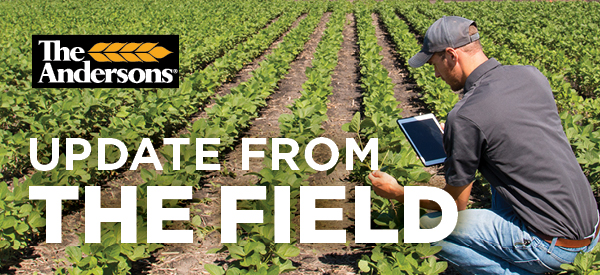Update from the Field: Is Your K Getting K.O.’d?
Posted by Dave Dyson, Agronomist on November 27, 2018

As harvest winds down and soil sample results start to come back, your thoughts should turn toward fall fertilizer. With yield trends continuing to increase due to improvements in genetics and management practices, we must continue to replace what we take off. You should consider your nutrient removal rates and if you are adequately replacing removed nutrients. According to the USDA, applied potassium (K) rates have not been keeping up with increased crop removal rates, presenting growers with significant long-term risks, Figure 1.

A bushel of corn removes about 0.27 lbs. of K2O from the soil. A bushel of soybeans will remove 1.4 lbs. of K2O (Figure 2).
Figure 2: Crop nutrient removal rate table from the Tri-State Fertilizer Recommendations.
In a corn-soybean rotation based on average yields of 180 bu/ac for corn and 60 bu/ac for soybeans, it would require 220 lbs. of potash/ac to replace the K removed in the harvested grain. As yields approach 200 and 70 bu/ac for corn and soybeans, respectively, it will require nearly 253 lbs. of potash per acre every other year to replace the nutrients removed and avoid soil test reductions. Applying fewer nutrients than are removed in the grain will cause soil test levels to decline over time. In many cases, fields with declining soil test levels may no longer be able to sustain the most profitable yield levels.
If soil test levels are on the decline, follow a three-step approach to build soil test levels and feed next year’s crop sufficiently. First, contact a trusted Ag Advisor from The Andersons, as they are trained to evaluate soil samples and provide a fertilizer recommendation that can be applied immediately this fall. The recommended amount of potash will need to be applied as soon as possible in order to allow the nutrients to break down and become available in the soil profile for next year’s production. This will set you up for the biggest chance of success next cropping year. Second, apply a safe form of potassium as early and as close to the seed as possible when planting in the spring. The Andersons has shown in multiple year studies, over multiple replicated trials, that Korrect™ will not only increase the root mass, Figure 3, but will increase yield as well.
Figure 3: The soybeans on the right had 1 gal/ac of Korrect applied in-furrow at planting, the plants on the left are the control.
When Korrect is applied with a carbon product, like Sweet ‘N Eezy™, you can increase the effectiveness of the potassium acetate in Korrect, Figure 4.
Figure 4: The Andersons has shown in multiple year studies, over multiple replicated trials, that Korrect will increase yields. When placed with Sweet ‘N Eezy, a yield increase of 9.05 bu/acre was observed.
Third, talk to your local Ag Advisor on having The Andersons apply OverPass® SF at the R3 growth stage in soybeans. This 10-2-10 analysis with boron (B) and manganese (Mn) helps improve yields, Figure 5.
Figure 5: Multiple replications of OverPass SF applied at 1gal/ac at R3 stage increased yield by 9 bu/ac.
The late application of potassium and manganese retains more blooms, thereby setting the plant up for higher yields.
In conclusion, we may not be putting enough potassium on fields year after year. This is not a sustainable practice because eventually the soil nutrient levels will become low enough to affect yields. Talk to your local Ag Advisor from The Andersons for more information on how to improve potassium levels in your soil and feed enough K throughout the season.
| PRODUCTS MENTIONED | PRODUCT SHEET |
| Korrect |  |
| Sweet 'N Eezy |  |
| OverPass SF |  |
FOR MORE INFORMATION:
Please complete the form, and we’ll get you in touch with your Territory Manager from The Andersons.

Dave Dyson is a regional agronomist for The Andersons’ Farm Centers which are located throughout Ohio, Michigan, and Indiana. He is an Indiana native and grew up on a dairy farm in Miami County. A graduate of Purdue University with a degree in Crop & Soil Science, Dave has a deep knowledge of various agronomic topics and is committed to helping growers improve their crops. If you have any questions, Dave can be reached at david_dyson@andersonsinc.com.
© 2019 The Andersons, Inc. All Rights Reserved. OverPass SF is a registered trademark of The Andersons, Inc. Korrect and Sweet 'N Eezy are trademarks of The Andersons, Inc.
.






